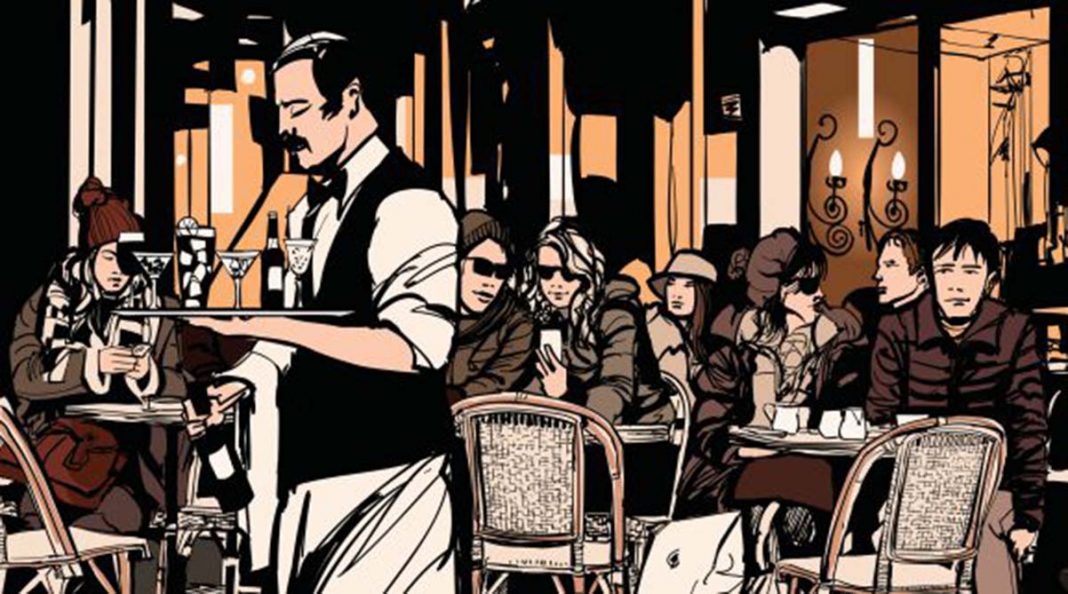One of my favourite cafe bars is called ‘Tertulia’. It is not a particularly grand establishment and is completely unlike any of those overpriced and pretentious coffee shops that are springing up in city centres all over the UK. Our ‘Tertulia’ is a friendly and welcoming safe space where good coffee and delicious snacks are served at a fair price. Customers are welcome to stay for as long as they wish; it is an oasis of calm in a busy world.
Usually, the Tertulia is an oasis of calm, but on occasions opinions become heated, voices are raised to such a disturbing decibel level that only the Spanish and Canarians are able to achieve. Generally, though, discussions are well mannered and good natured.
The Spanish language fascinates me, and like so many expats I have been guilty of many delicious misinterpretations of Spanish words within an English context. Before I managed to become more fluent with my Spanish, I mistakenly thought that ‘Tertulia’ simply meant a type of tortilla. Later, for some unknown reason, our special cafe bar became known as ‘The Turtle Bar’. Later, of course, when I bothered to consult my Spanish-English dictionary, I realised that ‘Tertulia’ meant something completely different, but entirely appropriate and special.
The definition of ‘La Tertulia’ is basically that of a social gathering, often with an artistic or literary dimension, which is popular in Latin America and Spain. The word often refers to an informal group of like-minded people talking about local and national news, and politics.
Historically, a typical Tertulia was a regularly scheduled meeting in a public place, such as a bar, although sometimes such events were held in someone’s living room. Those participating were known as contertulios, and in the creative context, often used the opportunity to share poetry, short stories, songs and art.
The Spanish and Canarians love to talk, preferably loudly, and delight in the company of others, and particularly with like-minded people. Indeed, some of the programmes on Spanish television may contain elements of ‘La Tertulia’ with invited guests taking part in a heated discussion. Another explanation that makes quite a lot of sense is that, traditionally, many Spanish men did not like to clear the table or do the washing up after a meal. Cleverly, they came up with the idea that the local bar would serve a better coffee than that produced at home. Sadly, many Spanish women let their partners get away with it, which essentially gave free reign to the idea of ‘La Tertulia’.
‘La Tertulia’ is said to have really taken off in the Sixteenth Century, because King Phillip II of Spain became very interested in the ancient world and its cultures. As a result of his growing interest, he employed experts to compose poetry intended to accompany the artwork displayed in various palaces. Academics and courtiers would meet together to discuss their work with the King, which resulted in ‘La Tertulia’ developing as a term for learned discussion between like-minded individuals.
Back to our coffee shop in the Canary Islands; let us not get too high minded and academic about Tertulias, since this is not the Tertulia that I recognise. Basically, most folk call into our Tertulia for just a good gossip over delicious coffee.
If you enjoyed this article, take a look at my websites: http://barriemahoney.com and http://thecanaryislander.com or read my latest book, ‘Footprints in the Sand’ (ISBN: 9780995602717). Available in paperback, as well as Kindle editions.
Join me on Facebook: @barrie.mahoney
© Barrie Mahoney





